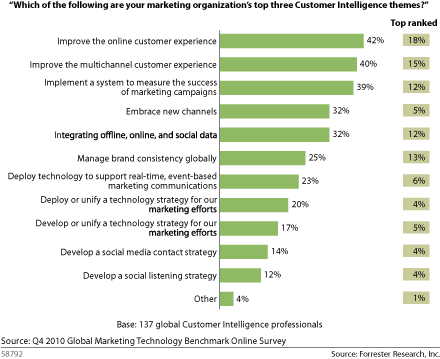When confronted with the idea that blogging is part of the overall online marketing process, some business owners look for ways to make this simple. And, it occurs to them that they can just research materials and then present it in their blogs.
But, of course, as we all know that’s plagiarism.
Finding Plagiarism
The first thing to do if you feel you have been plagiarized or you feel someone has been adding plagiarized materials onto your website is to go to Copyscape to check whether it is plagiarism. You can easily copy & paste a paragraph into Copyscape to learn if it is plagiarized material.
Next, use the wayback machine on the internet. It keeps an archive of the internet. You can use it to show that you had the content on the internet before the plagiarist. You can use this to show the plagiarist as well as other parties who could all assist you in sending your message to the plagiarist.
 Contacting the Plagiarist
Contacting the Plagiarist
Contact the plagiarist. Identify the plagiarized materials by providing the URL & the materials plagiarized. Provide a timeframe for removal and what you will do if it is not removed by that timeframe. Include as your activities that you’ll contact the hosting company, you will initiate legal action and that you will address this via the search engines.
Be professional. Ask for the removal. Thank them for respecting your work when the removal is complete.
Contact the Hosting Company
So, if you’re at this point, most people feel the next step might be legal action but legal action can be costly and doesn’t need to be the next step necessarily. Contact the hosting company to identify the copyright infringement just as you did with the plagiarist. Some of the larger hosts may have a process and while it can be cumbersome, it is definitely less costly than legal action.
In the US, the hosting companies want to follow the DCMA, Digital Millennium Copyright Act, which implements 2 of the treaties of the World Intellectual Property Organization.
Contact Others About Copyright Infringement
If the plagiarist has been plagiarizing your information, they have likely been doing this to other people as well. So, contact the others who can also go through these same motions. This will send the message loudly and clearly and from so many different directions, this will definitely alert the website owner.
Contacting the Search Engines
Search engines such as Google, Yahoo & Bing account for over 90% of the search results according to NetMarketshare. If the plagiarist is not responding to requests, hosting company notifications or legal threats, they are likely dependent on the content to develop traffic and business as most business owners / website owners have become. Cutting the plagiarist off from new website visitors is a great way to affect their revenue, business image or communications in a financially impactful way.
Report to Google DCMA, Yahoo DCMA and Microsoft DCMA.
No Real Value in Plagiarism / Duplicating Information on the Internet
I’ve had a few people tell me that they want to just cut & paste what someone else has put together and then reference it. In real marketing strategy terms, there’s no value in this. Firstly, people are looking for unique branded communications in the online community you’re building. If you want to research and re-write in your own way, great! All the more power to you.
Secondly, the search engines and particularly Google does not want to rank duplicate information. They want to rank unique information of high value to people. Since some of the key reasons for creating an online communications strategy includes:
- Creating a branded Online Communications Strategy
- Building an Online Community or Network from which you can develop new customers
- Getting good page ranks so your Online Communications Strategy has a further reach
It’s important to do this right and to do this well.
So, even if you’re thinking that an easy way to develop content is to use other work and referencing it, think again. You won’t get into Google’s good graces or get the page rankings you seek the way that you think.
What We All Really Want
We don’t need to understand every single algorithm that Google uses to know that we want to see business owners develop real content, truly engaging branded communications and to see truly great websites / companies appear at the top of the search engine results for us to find and use in our daily lives.
As the business owner, this may seem overwhelming to be able to get these results. But, the truth is that figuring out how to talk about our business in different, unique and various ways broadens how effective we are in communicating our true unique value proposition.
Also, hire a trusted Interactive Marketing firm to outsource all the nitty details of internet marketing while making sure all the t’s are crossed, all the i’s are dotted and maximizing your ROI on your branded online communications strategy.
Upcoming blog – how to enhance your SMO – social media optimization.


 To do well in any online marketing program, I have constantly expressed to clients as well as prospective clients that unique content is extremely important.
To do well in any online marketing program, I have constantly expressed to clients as well as prospective clients that unique content is extremely important.